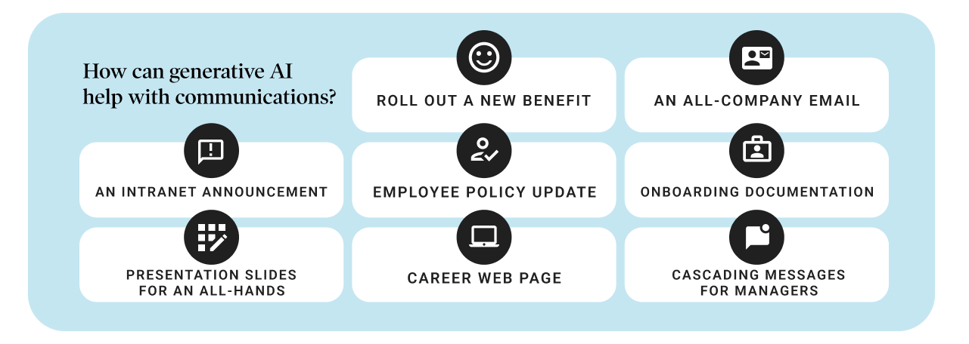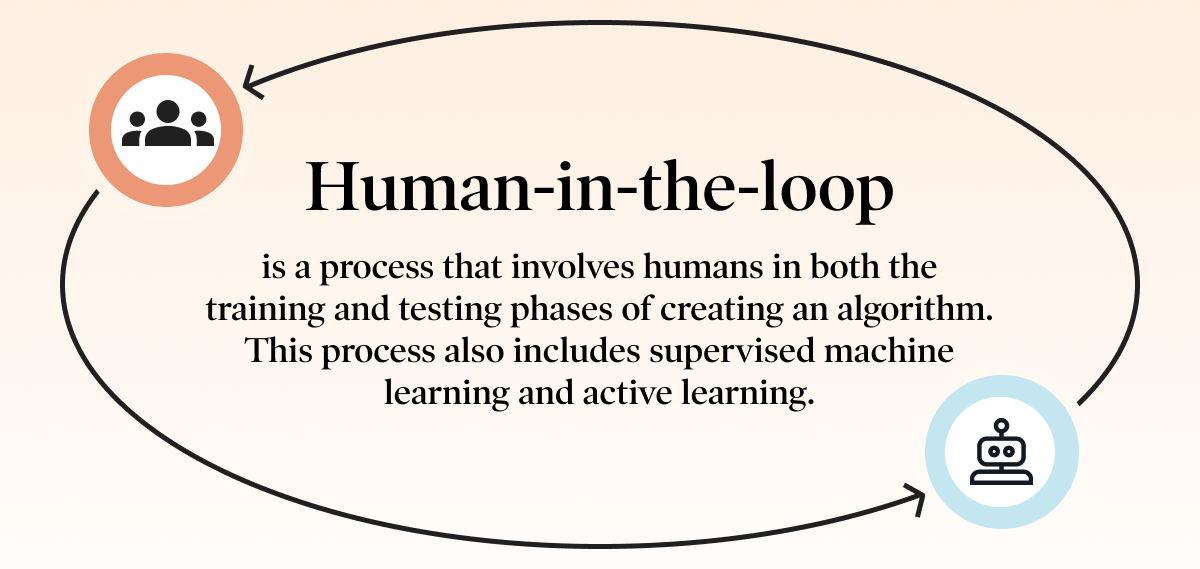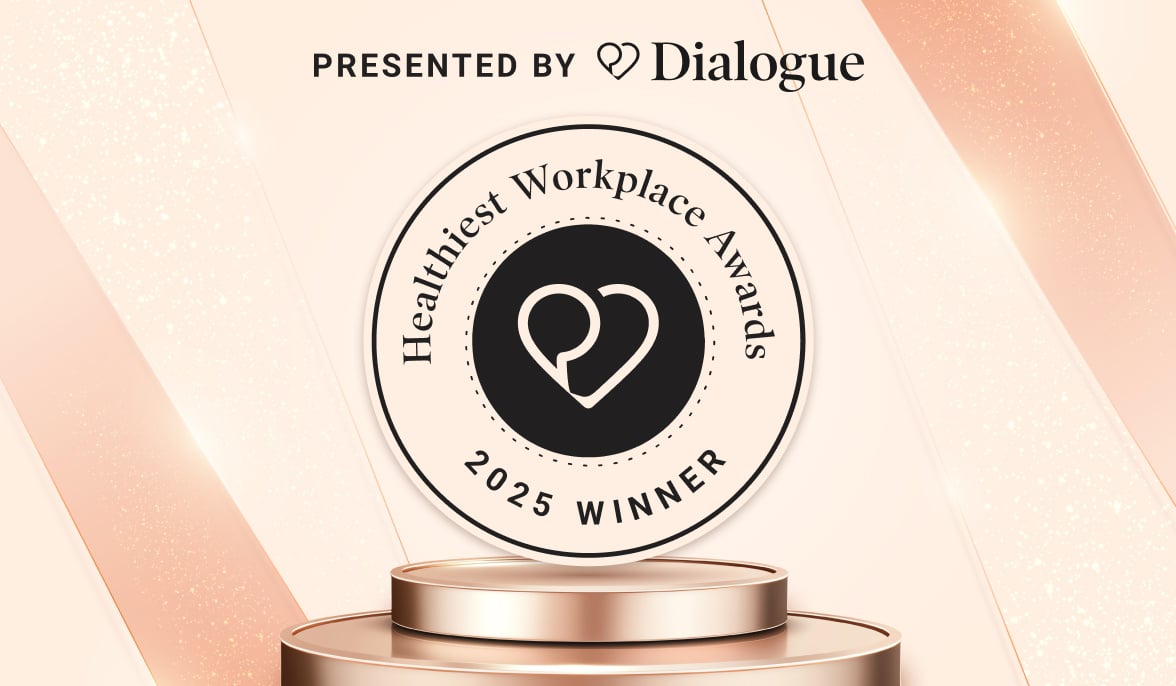Interest in artificial intelligence (AI) is at an all-time high, and it's making its mark in almost every industry. In fact, 70% of employees are looking forward to leveraging AI tools to make their jobs easier, faster, and more efficient.
Generative AI is a brand of AI that generates new data, like images or text, by learning patterns from existing data. It has applications in creative content generation, data augmentation, and problem-solving.
But even though generative AI offers exciting possibilities for HR professionals, 67% say their organization has no plans to use it.
So, if you're an HR leader or professional, it's time to make the most of this technology. Learn how to use generative AI to improve communication, revolutionize your recruiting processes, and simplify everyday tasks.
Using generative AI in human resources
Communication
Effective communication is a must in HR operations – whether it’s drafting emails, employee communications, or company-wide announcements. And generative AI can play a vital role in achieving a consistent and appropriate style. By utilizing generative AI tools, like Notion, you can maintain coherent messaging throughout various interactions.

Plus, generative AI can help format messages based on the audience and the chosen communication channel. Different platforms benefit from distinct communication styles, and AI can adapt the content accordingly. Whether it's social media posts, internal memos, or external newsletters, generative AI can tailor the messages to resonate with the intended recipients and enhance engagement.
Engagement
Interactive experiences
AI-generated interactive content, such as quizzes, surveys, or simulations, can be used to educate your employees about their available benefits in a more engaging and dynamic way. This can help employees understand the benefits better and encourage them to explore options they might not have considered otherwise.
Employee feedback
Generative AI can analyze your employees’ feedback and sentiment about health-related benefits, identifying common concerns or areas for improvement. This means your HR team will have the information needed to tailor communication strategies and enhance your benefits package based on workforce needs and preferences.
Recruitment
Candidate analysis
Finding top talent can be a challenge, but generative AI has the power to streamline and enhance the recruiting process. With AI, you can analyze candidates based on their skills rather than relying solely on their credentials. Intelligent screening tools understand written content from candidates, such as resumes and publications, to assess their expertise comprehensively.
Generative AI can even analyze transcripts of video recordings of candidates explaining their skills, enabling you to gain deeper insights into their qualifications. This capability allows for candidate evaluation at scale, saving valuable time and effort during the screening process.
Ultimately, this helps improve job matching to:
-
Decrease turnover
-
Increase performance
-
Reduce hiring costs
Candidate personalization
Plus, generative AI can personalize candidate communications, addressing their individual needs and providing round-the-clock support. By collecting additional information from candidates, generative AI can augment their resumes, enabling HR teams to make more informed decisions.
HR assistant
For employees
When it comes to employee support, generative AI can act as a reliable guide, pointing towards relevant policies and explaining available resources. This technology delivers prompt responses to common queries, boosting employee satisfaction and alleviating the burden on HR teams.
For managers
Generative AI can serve as a personalized HRBP assistant, with knowledge about your direct reports, company benefits, and policies. This assistant can help managers address HR challenges within their teams, generating draft performance reviews, and summarizing trends from previous evaluations. By harnessing generative AI, you’re able to empower managers to make informed decisions, fostering a culture of continuous improvement.
Ensuring responsible adoption of AI
While generative AI presents promising opportunities, it should be viewed as a tool, rather than a replacement for human judgment. Continue to apply corporate policies, including those related to privacy, security, and data residency.
AI systems do not have an inherent understanding of what is right or wrong, and they can be influenced by biases present in the training data. So, try to be vigilant in mitigating bias and ensuring fairness throughout the AI implementation process.
Generative AI systems currently require human oversight and intervention. Human-in-the-loop approaches are necessary to validate and refine the outputs generated by AI systems. HR leaders should experiment with low-stakes use cases and gradually scale up, ensuring that employees are comfortable with the changes introduced by AI.

Staying ahead of the curve
Generative AI has a lot to offer HR departments that want to embrace innovation in their practices. This dynamic technology enables you to stay competitive in talent management, streamline processes, and gain valuable insights. By leveraging automation and predictive capabilities, you can make data-driven decisions that enhance employee experiences and contribute to your organization’s success.





 Canada (EN)
Canada (EN)
 Global (EN)
Global (EN)










